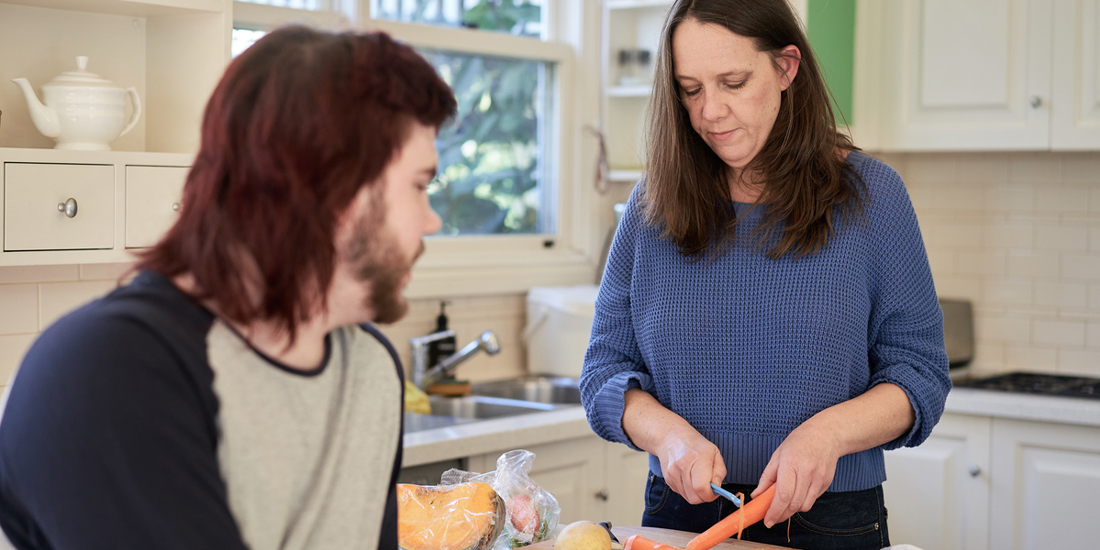
More than 80 per cent of Australians believe the COVID-19 pandemic has worsened Australians’ mental health and more than half say it has worsened their own mental health, an Empirica Research poll has revealed.
The poll, commissioned by Orygen also showed that the extended lockdowns in Victoria had made mental health impacts more acute for people living in that state, and that there was particular concern at the impacts on young people.
The poll of 2000 Australians was conducted between 2 and 16 October, when Victorians were still in lockdown and those in Melbourne were not permitted to travel more than five kilometres from home and there was a two-hour time limit on leaving home for exercise or socialising.
Orygen’s executive director, Professor Patrick McGorry, said although all Australians had been affected by the pandemic, the impacts on young people were expected to be grave and prolonged.
“School closures have disrupted educational and social development, and separation from friends at vulnerable ages has worsened young people’s mental health,” Professor McGorry said. “Further, job losses in the service industries have disproportionately affected younger Australians.”
Approximately half of the Australians polled expressed concern about the impacts the COVID-19 pandemic was having on young people. Victorians expressed more worry than those in other states, with the difference most pronounced regarding young people’s mental health, education, financial security, employment prospects and their social and emotional development.
Professor McGorry said the polling supported what recent Orygen modelling had recently uncovered – that an additional 82,000 young Victorians could experience mental health disorders as a result of the COVID-19 pandemic than would have been expected had the pandemic not occurred.
“To say that young people have borne the brunt of the fallout of the COVID-19 pandemic would be a massive understatement. They have been significantly affected, and the impacts of this on their social and emotional wellbeing will be felt for years,” Professor McGorry said.
“At the most critical time in a young person’s development, the impacts of the pandemic have prevented young people from attending school and interacting with their peers in the usual manner for an extended period of time, and from benefitting from participating in the workforce.
“Governments at state and federal level have invested in initiatives to support mental recovery as we continue to respond to COVID-19. It’s critically important that as governments consider future spending that they continue to focus on developing a pandemic recovery plan for young people.”
The poll highlighted that the majority (57 per cent) of Australians considered mental health to be a very or extremely important issue for Australia.
Professor McGorry noted that, although governments had invested in the pandemic response and mental health recovery, people surveyed noted there was a lack of mental health resources in Australia including limited access to mental health services, and a lack of funding, staff and counselling services available to treat people who have mental health issues.
“Our modelling indicated that there would be a surge in the numbers of Australians experiencing mental health challenges brought on by COVID-19,” he said. “Orygen has been warning that this surge was coming, and has been on the front foot advocating for more-time critical resources to be directed to the waning mental health of Australians. We need to strengthen and deepen expert youth mental health care to address the growing scale of the missing middle – the young people who are falling through the gaps in the mental health care system.
“The polling showed that there is a common view that more needs to be done in giving greater access to the public to address their mental health needs. Politicians usually hear these messages from people like myself, who occupy positions in the mental health sector,” Professor McGorry said.
“But this poll bluntly shows us that parents, grandparents, young people, and everyone in between, is well aware of the situation we are in when it comes to our health and wellbeing, particularly of our young people, and they want something done about it, now.”